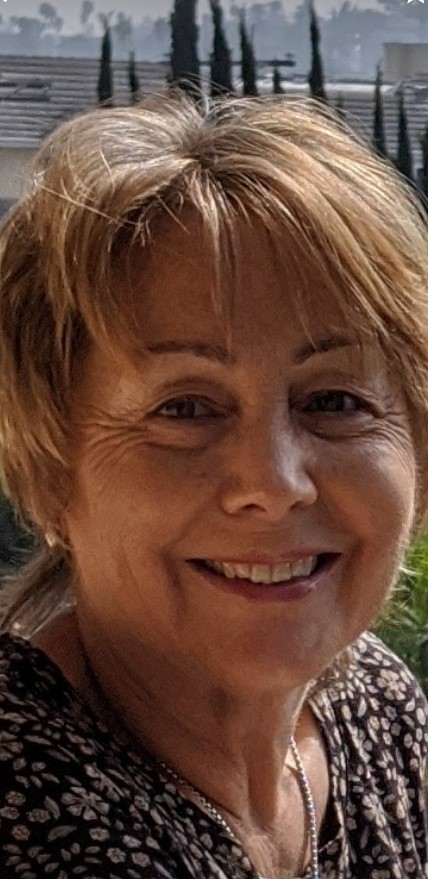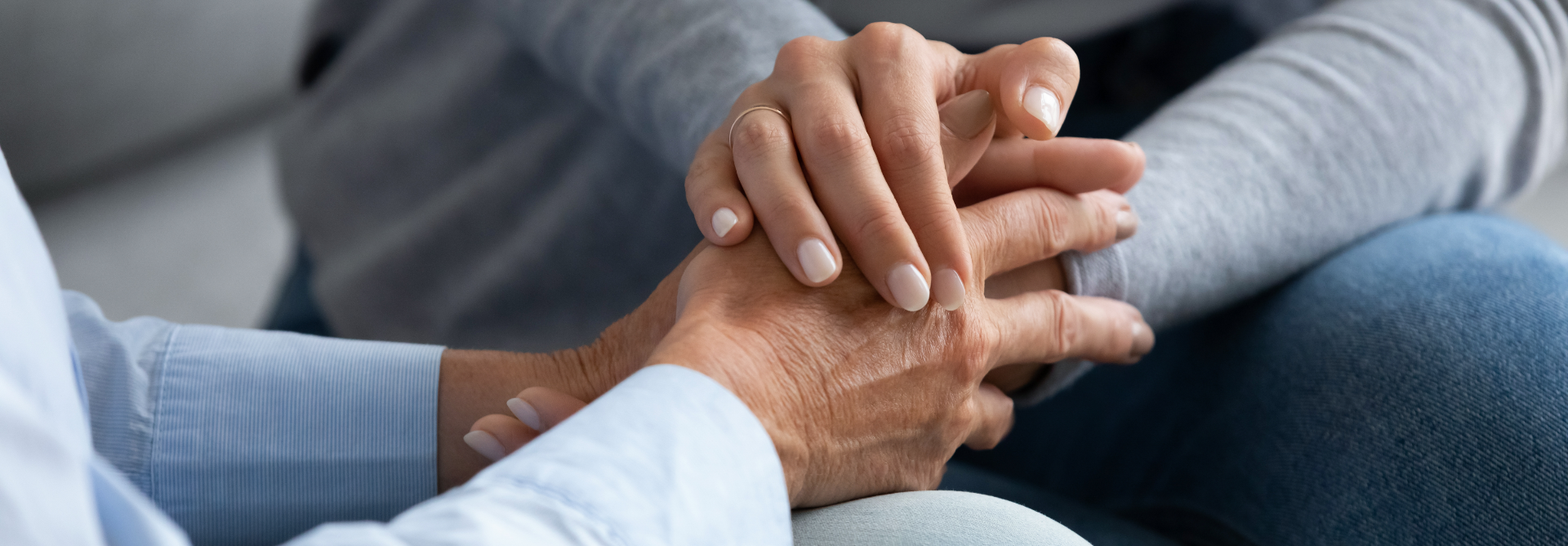
At the end of March 2020, a week or so into lockdown, Lynne went for a routine mammogram and received her results after returning from a holiday to the USA on one of the last flights out of San Francisco. The diagnosis was unclear, and Lynne was advised she would need to go into hospital for a guided wire excision. The procedure involves putting a wire into the breast to show a surgeon which piece to remove. The procedure can be used if a mammogram or ultrasound has shown an abnormal area but the doctor can’t feel a lump.
“When I was first diagnosed 20 years ago, I was angry. I had a young daughter and just couldn’t accept what was happening. However, my attitude was that I just wanted to be rid of the cancer, I wanted it out,” said Lynne, now in her 60s, a retired lecturer and mother of two grown-up children. “This time, I didn’t quite believe it, it didn’t make a lot of sense to me, after such a long gap. However, I still knew straight away that it needed to be dealt with, irrespective of coronavirus.”
Following her initial consultation with the Consultant, Lynne, who lives in Ossett, was scheduled for her surgical procedure in less than two weeks and was offered a choice of either St James’ Hospital in Leeds or Pinderfields in Wakefield. Already in receipt of treatment for Crohn’s Disease at St James’, Lynne opted for her surgery in Leeds.
“I cannot fault the service I received, in any way, shape or form. The staff were fantastic, as kind and caring as always; the hospital was spotless; I saw very few other people who weren’t members of staff and those I did see were all at the required distance away,” said Lynne.
“Understandably, and as expected, I had to attend hospital on my own, but I didn’t find that to be a problem. Normally, two weeks post procedure, patients would attend hospital for removal of dressings and to receive their results. In the current circumstances, I was asked to remove the dressings myself, which I was fine with, and also to receive my results over the phone. Again, I was happy with this as there would be someone with me at home, whereas at that time, that couldn’t happen if I was attending the hospital. It was also convenient, and meant that I didn't have to travel.
"Not every doctor and nurse was dealing with COVID-19. They were still there to help, people were still being treated and the staff were quite frankly wonderful," said Lynne.
“Anyone who’s worried should seek advice straight away. One thing for certain is that if it is cancer, you won’t make it better by waiting. If it isn’t - and in most cases, it won’t be - then the sooner you get reassurance and peace of mind, the better. Sitting around and fretting isn’t going to help.
Lynne remains keen to promote the benefits of a healthy lifestyle and fitness routine in helping to recover from surgery. She was back to gentle exercise just a week after her procedure, enjoying virtual online gym sessions, via the Mid Yorkshire Breast Cancer Support Group. "Maintaining links via podcasts and teleconferencing was a godsend in terms of having someone to talk to", she said.
The Cancer Research UK website has helpful information on possible signs and symptoms of cancer.

